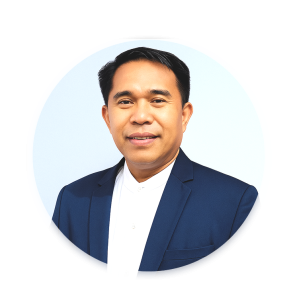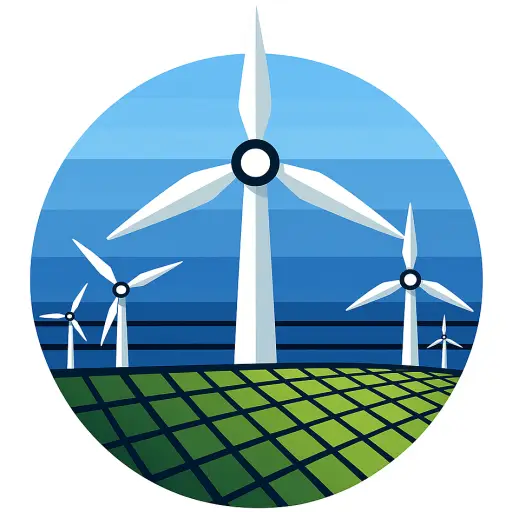Charlie P. Gilbaliga
Chief Business Officer

He brings a unique blend of mission-driven leadership, academic insight, and grassroots development experience to his role in the renewable energy space. As Chief Business Officer, he plays a vital role in stakeholder engagement, strategic partnerships, and community integration — key pillars in the successful development and deployment of sustainable energy projects.
A former theology seminarian with 8 years of missionary service, he held leadership positions as Religious Superior, Novice Master, and Council Member with the Merciful Missionaries of St. Joseph. These roles gave him deep experience in managing multi-stakeholder environments, construction oversight, financial administration, and community livelihood programs—competencies highly relevant in the execution of renewable infrastructure projects, especially in underserved areas.
With over 17 years in education and student formation, Charlie has also built strong capabilities in values-based leadership, capacity building, and social advocacy. At CIIT College of Arts and Technology, he led institutional programs on student formation, discipline development, community outreach, and corporate social responsibility (CSR)—initiatives that reflect the values of accountability, environmental stewardship, and social inclusion central to the renewable energy transition.
In the civic sphere, Charlie is actively engaged in the sustainable development space. He currently supports the Bohol Bamboo Industry Development Council and United Bohol Bamboo Advocate Inc., bridging green advocacy with community empowerment—an alignment that strengthens his role in advancing renewable energy projects with local relevance and social impact.
Charlie holds a Bachelor of Arts in Philosophy (minor in English) and a Diploma in Consecrated Life from Don Bosco Center of Studies, a Salesian Pontifical University affiliate. His background in servant leadership, education, construction, and social development makes him a valuable asset in building partnerships that power not only communities—but their long-term resilience.
